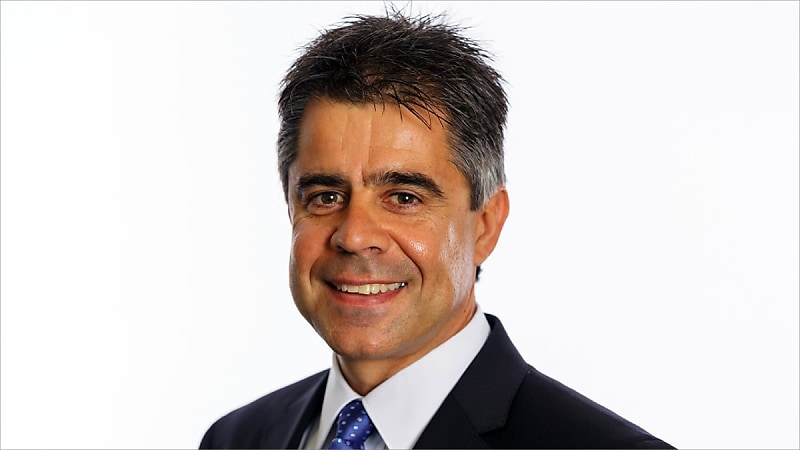SMSFA urges crossbench to reject ‘complex and inequitable’ $3 million super tax
The SMSF Association is urging the Senate crossbench to reject legislation tabled in the Parliament today proposing a tax on the earnings of superannuation balances exceeding $3 million.
SMSFA CEO Peter Burgess said taxing unrealised gains, the key feature of this proposed new tax, will have “unintended consequences and erratic outcomes."
“Taxing unrealised capital gains is a tax on market movements and changes in asset values, not income,” he said.
“It is an alarming precedent as it represents a fundamental change in how tax policy is implemented in Australia.”
He continued that the way in which the legislation is currently drafted means a person with a high superannuation balance, whose interest has received taxable income in a year, will not be subject to this tax if their total superannuation balance (TSB) movement does not trigger it.
However, a person who has a one-off spike in asset values, putting them over the threshold, will be subject to this tax, with no refund or adjustment available where the value causes them to be below the threshold the following year.
“Linking this tax to movements in capital markets will give rise to big swings in a member’s tax liability from one year to the next making liquidity management extremely difficult,” he said.
He continued that the SMSFA remains ”deeply concerned” that the $3 million cap will not be indexed, meaning the tax net will grow exponentially in the coming years.
“We’re also disappointed many of the technical anomalies we raised during the consultation phase have not been addressed in the legislation before Parliament,” he said.
“For example, while the decision to exclude people who pass away during a financial year is welcomed, an outcome of the drafting, which has not been corrected in the legislation before Parliament, is that a person who dies on 30 June of a financial year will not be excluded from this tax.”
He added that from the SMSFA’s perspective, these are fatal flaws in the legislation, highlighting the need for a more careful and considered approach on this policy issue.
“The primary reason given for the legislation – large superannuation balances – has been addressed,” he said.
“There are levers, via existing caps and measures, in place now that will limit the growth of disproportionately large balances in the future and address existing large balances over time.”
He concluded that the tax now being proposed will simply add further complexity and red tape to a superannuation system overburdened already with regulation.


